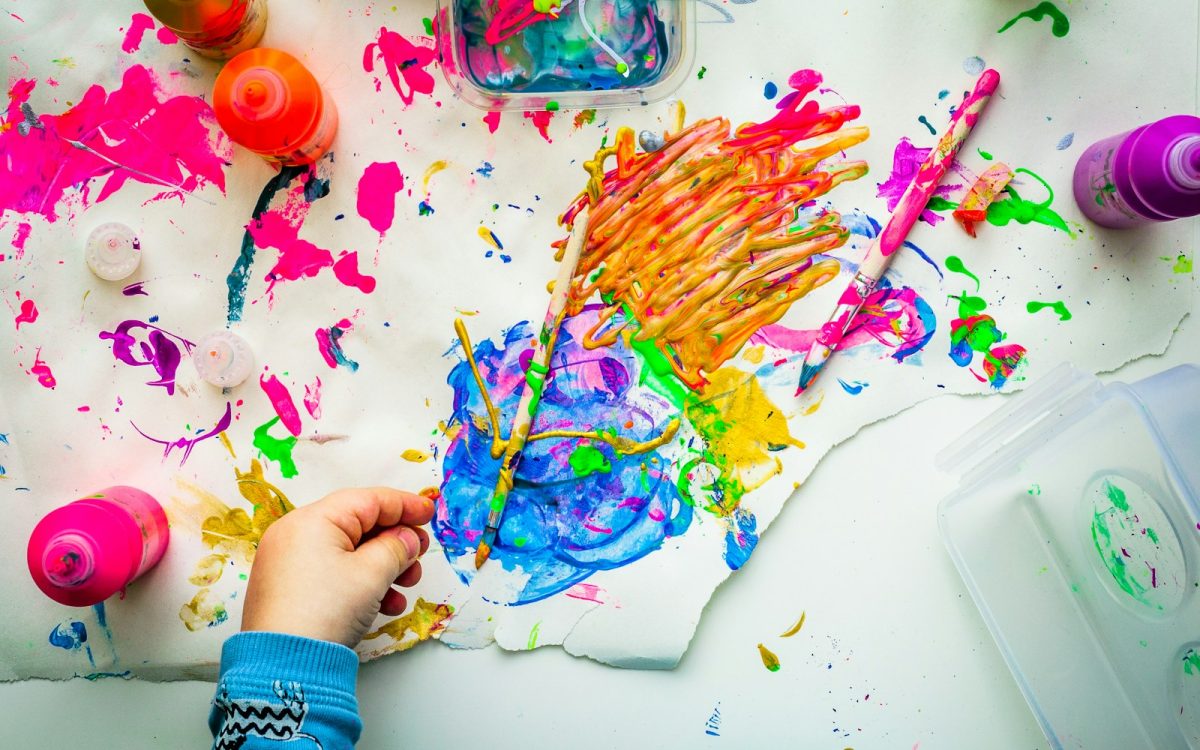Sleep and creativity are deeply interconnected. Numerous scientific studies have shown that sleep—particularly specific stages like REM (Rapid Eye Movement) sleep—plays a vital role in enhancing our creative thinking, problem-solving abilities, and capacity for innovation. Here’s a closer look at how sleep influences creativity:
1. Memory Consolidation and Association Building
During sleep, especially in the REM stage, our brains process and consolidate information from the day. This involves reorganizing neural connections and linking seemingly unrelated ideas or experiences. This reorganization helps in forming novel associations—a core component of creative thinking. For example, research has demonstrated that REM sleep enhances an individual’s ability to make intuitive leaps between concepts, a hallmark of original thought.
2. Problem Solving and Insight Generation
Sleep improves our capacity for complex problem-solving. In a classic study, participants were more likely to solve a problem or discover a hidden rule after sleeping, indicating that rest enhances our ability to gain insight. Sleep lessens rigid, logical thinking and allows for more flexible, abstract problem-solving strategies, which are often crucial for creative breakthroughs.
3. Dreaming as a Creative Incubator
Dreams can be considered a source of spontaneous creativity. The bizarre and often illogical nature of dreams may emerge from the brain’s freewheeling activity during REM sleep. This unstructured environment provides fertile ground for new ideas. Artists, writers, and scientists have credited dreams with sparking creative ideas—such as Paul McCartney composing the melody for “Yesterday” in a dream.
4. Mood Regulation and Cognitive Flexibility
Quality sleep helps regulate mood, emotional balance, and stress levels—all of which affect creative performance. Sleep deprivation, on the other hand, can impair attention, flexibility of thinking, and emotional stability, significantly reducing creative output. A well-rested brain is more resilient and open to novel perspectives.
5. The Power of Naps
Short naps, particularly those that include a short REM phase (after about 60–90 minutes), can enhance creative thinking. Even brief rest can improve alertness and temporarily boost lateral thinking, offering a mental reset that encourages new ideas.
In summary, getting adequate and quality sleep is not only crucial for physical health but is also a key contributor to creative performance. Whether it’s generating new ideas, solving tough problems, or thinking more abstractly, sleep acts as a silent partner in the creative process. Prioritizing rest may be one of the most effective ways to unlock your innovative potential.




